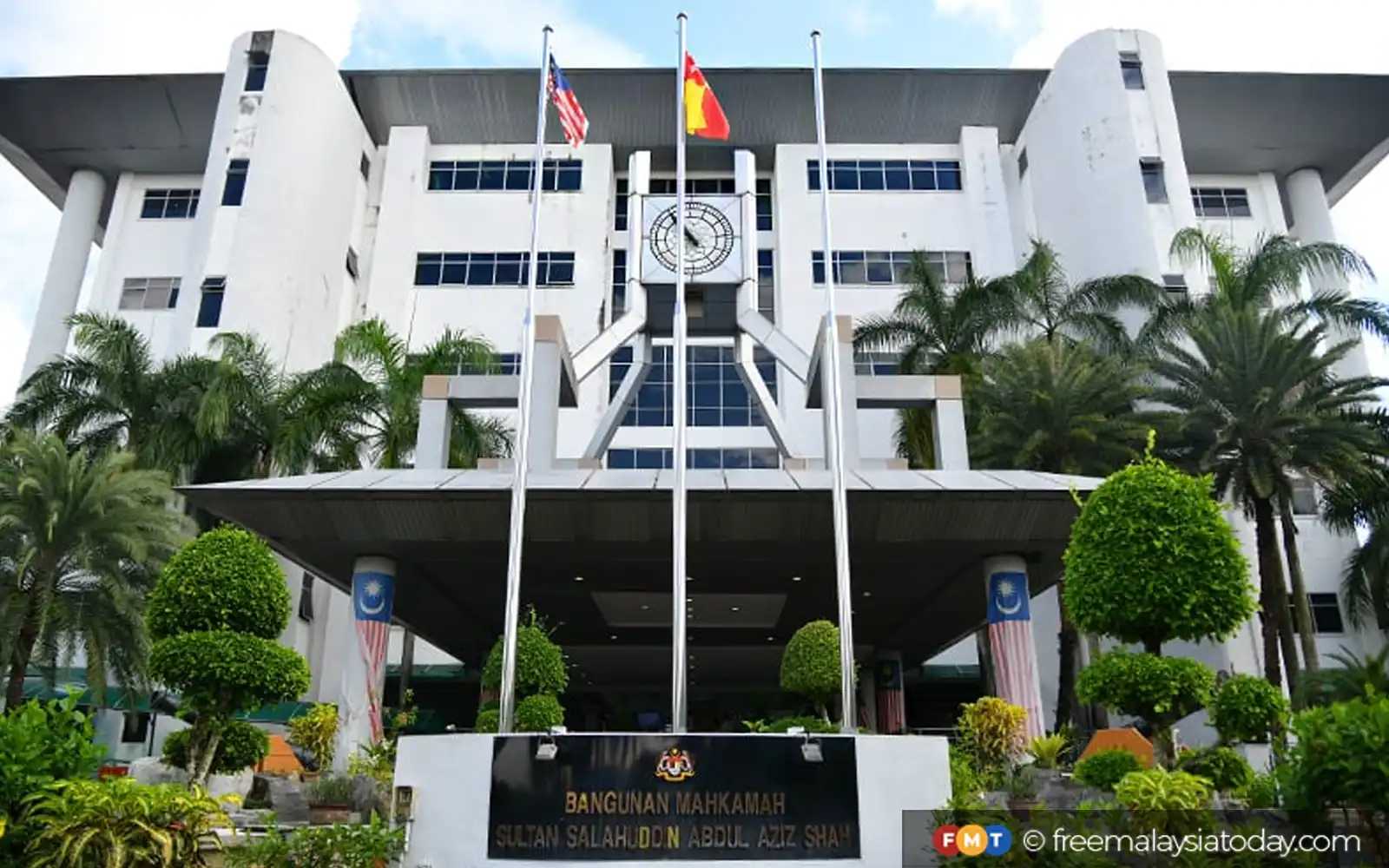
Justice Aslam Zainuddin said this was so even if they believe the charges faced by the accused are without basis in law.
The judge also said presiding officers must, when faced with an application to withdraw a case, first ascertain whether the prosecution intends to pursue the matter against the accused at any time in the future.
“It would be a proper exercise of discretion on the part of the trial judge to grant an accused a discharge not amounting to an acquittal (DNAA) where the public prosecutor is unable to proceed with the case owing to difficulties, such as finding a material witness, and fails to satisfy the court that he will be able to proceed with the case within a reasonable time even after adjournments are granted,” he said.
Aslam, who sits in the Shah Alam High Court, said the trial court can only grant a full acquittal upon the prosecution confirming it has no intention of continuing with an ongoing criminal prosecution.
However, he said, such discretion must be exercised judiciously.
The judge made his remarks when allowing the prosecution’s appeal from a decision of the Selayang sessions court to acquit H Arvind and G Gananathan of four drug possession charges before the close of the prosecution’s case.
The prosecution had applied for a DNAA after a material witness in the case, the girlfriend of one of the accused, could not be located and was believed to be working in Singapore.
The two men are appealing the decision.
In a 23-page judgment released earlier this week, Aslam said the Federal Constitution does not empower the subordinate courts to acquit an accused on the basis that the charges brought against him are groundless.
Citing the Supreme Court ruling in Karpal Singh and others v Public Prosecutor (1991), the judge said the power to quash charges only lies with the High Court.
Aslam said the earliest stage at which a lower court can acquit an accused is after hearing all the evidence tendered by the prosecution.
He reminded lower court magistrates and judges that Article 145(3) of the Federal Constitution and Section 376 of the Criminal Procedure Code confer on the attorney-general, in his capacity as the public prosecutor, wide discretionary powers to institute, conduct and discontinue criminal cases. - Mkini


No comments:
Post a Comment
Note: Only a member of this blog may post a comment.